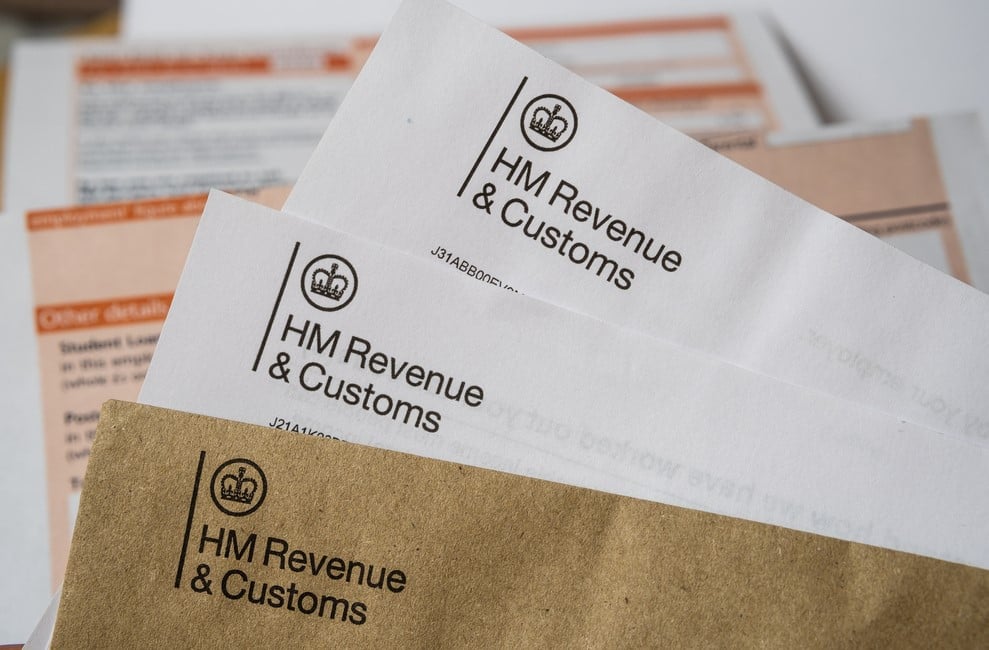Obtaining a letter from HM Revenue & Customs can often send ripples of anxiety across anyone’s day. Usually, these communications come in different forms, but one type that may arrive in your mailbox is the termed “nudge letter.” Designed to remind or motivate taxpayers about their fiscal responsibilities, particularly pertaining to undeclared income, comprehending your HMRC nudge letter is essential to ensure you’re satisfying your tax obligations effectually.
What specifically is an HMRC Nudge Letter?
A nudge letter from HMRC is essentially a preventive measure rather than an accusatory one. These letters are part of HMRC’s plan to motivate taxpayers to willingly amend any inconsistencies in their tax reports, particularly focusing on foreign income that may not have been fully declared. Unlike formal audit letters, a nudge letter is not indicative there is an ongoing investigation into your tax affairs. Instead, it functions as a soft nudge that HMRC has data suggesting there might be undeclared income.

Why You Got One?
If you’ve found one of these letters in your mail, it’s likely because HMRC has received information which possibly conflicts with the information you’ve submitted, or indicates there could be additional sources of income that need be accounted for. Typical reasons for sending out a nudge letter include differences observed in the information provided by foreign tax authorities or financial institutions concerning overseas income.
Interpreting the Content
The main content of a nudge letter typically includes a notice about the significance of declaring all applicable revenues; a prompt that errors should be rectified; and occasionally, connections to guides on how to proceed with disclosing undisclosed income. It is crucial to examine the data noted about the alleged undisclosed income thoroughly and determine whether it applies to your case.
Subsequent Measures: What Must You Execute?
Upon receiving a reminder letter, taking proactive steps is vital:
Review your Tax Documents: Verify your previous returns to ensure all income sources had been declared accurately. Pay particular focus to any international income.
Consult a Tax Advisor: If there is any uncertainty about how to move forward or if amendments are, consulting with a taxation expert can offer clearness and guidance.
Respond Quickly: Adhere to any kind of instructions provided in the letter regarding deadlines for reply. Engaging collaboratively with HMRC can frequently prevent further complications or inquiries.
Fix Any Mistakes: If you discover oversights or omitted data, choose swift steps to rectify it. This commonly involves submitting amended returns and collaborating fully with HMRC.
Prevention is More desirable In lieu of Cure
To steer clear of future HMRC prompt letters, keeping thorough and accurate records of each domestic and overseas income is advisable. Frequently updating tax filings and assuring complete transparency can support bypass the pressure associated with such checks from the tax authorities.
Moving through tax matters can often seem overwhelming, especially when it involves complications such as income from abroad. However, understanding why you received an Her Majesty’s Revenue and Customs reminder letter and being aware of how to respond effectively might not only help in addressing likely issues swiftly but also reinforce your dedication to careful financial adherence. Keep in mind, HMRC uses these letters to help taxpayers in keeping on top rather than penalizing them unexpectedly.
More information about Letter from HMRC go to this site
